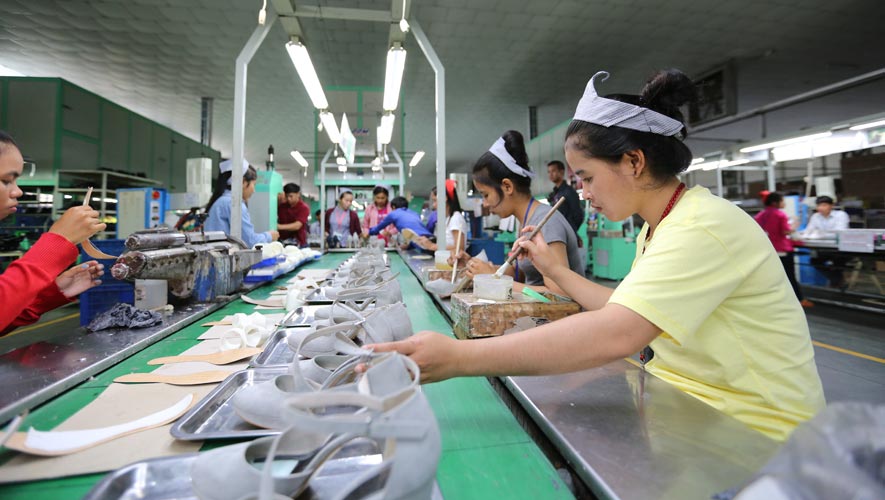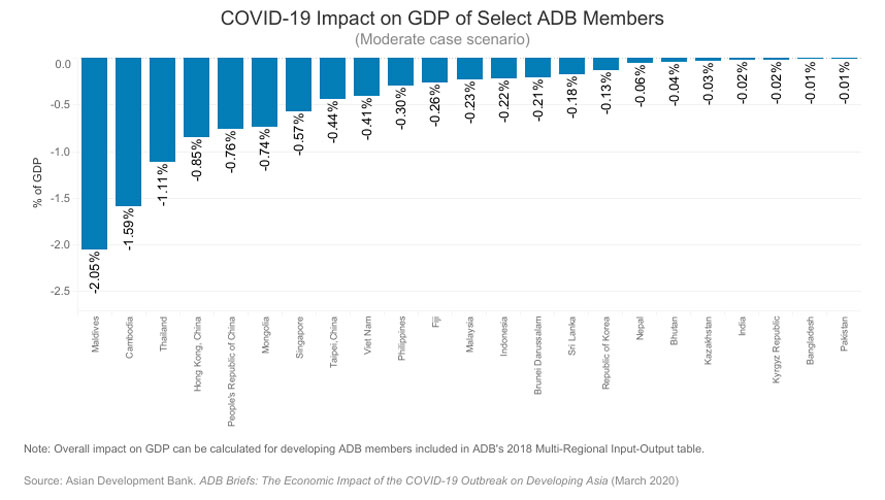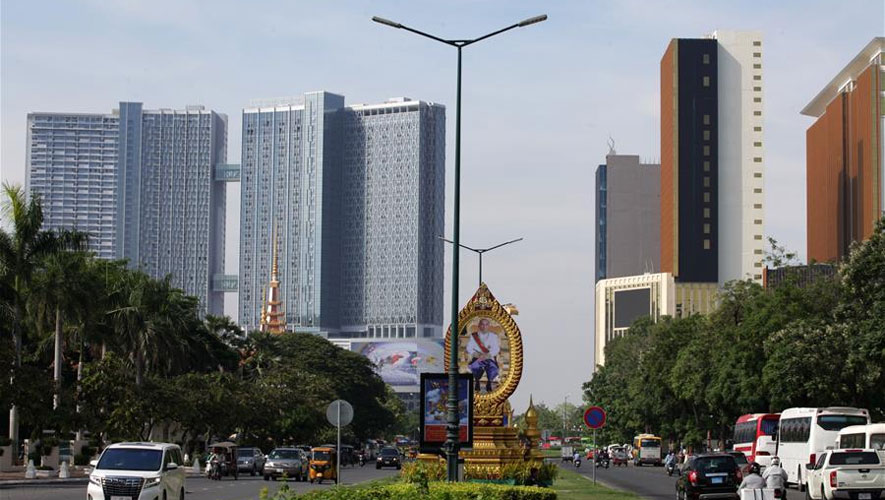At the 18th government private sector forum held a week ago, Prime Minister Hun Sen announced sweeping economic reforms. These reforms, all aimed at reducing the cost of doing business in the country ranged from reduction in cost utilities and transportation including taking a fresh look at the railroad system. This involves the northern link since only the southern link is in operation. The premier also talked about cutting port fees and expediting the long-awaited amendment to the almost antiquated law on investment, and the law on special economic zones.
For the latest Cambodian Business news, visit Khmer Times Business
It is puzzling as to why the law on special economic zones is not amended yet since there are more than a handful of special economic zones stretching from Koh Kong to Sihanoukville and Svay Rieng that are already in operation with a multitude of exportminded companies.
While these measures may appear to be in response to the possible revocation of the Everything But Arms (EBA) preferences given to Cambodia by the EU, Cambodia must on its own, initiate bilateral trade agreements with the EU and its member nations to negate the impact of its withdrawal.
Economic reforms are always good and must be welcomed by the investment, business and banking industries. However, the question here is, have the reforms been far-reaching, impactful and will it have the desired effects of reducing the cost of doing business in general, and cost of exports?
The abolishment of value-added tax on agricultural products is another laudable move. “From now until 2023, the government will assume VAT costs on the export of paddy rice, milled rice, corn, beans, pepper, cassava, cashew, and rubber,” Hun Sen said at the forum.
Palm oil too should be exempted from VAT as Cambodia is poised to join the palm oil-exporting countries with plantations coming to production in several parts of the country.
The move comes amid a series of reforms to make exports more competitive including the removal of Camcontrol personnel from border checkpoints and the dissolution of the Kampuchea Shipping Agency and Brokers, also known as Kamsab.
The impact of reforms must be felt, experienced and impactful or else it will remain mere soundbites and optics.
That the Prime Minister is serious about reforms is an excellent starting point but would the relevant cabinet ministers and agencies, both at national and subnational level grasp or comprehend what these reforms mean and why they are essential, in fact critical to Cambodia’s economic survival as a competitive nation?
Only time will tell as the reform phrase has been used since 2013 with marginal success. It remains more a tagline rather than one which has an impact, meaning coherence and consistency.
There have been many times the investment and business community eagerly looked forward to measures which would enable them to do business with ease and without the burden of high operating costs. And equal times, these hopes and expectations have crumbled like sandcastles.
One hopes that this time around, with EBA’s revocation looming and the US talking about removing preferential trade deals with Cambodia, the reforms announced by the Prime Minister would indeed take root and not end up an optical illusion.
It would be good to remember the words of Augusto Lopez-Claros, director of World Bank’s global indicators and analysis at the World Economic Forum in 2014.
He said: “The 2008-2009 global financial crisis led to a number of large–scale government interventions across the world. These included massive provisions of liquidity, the take over of weak financial institutions, the extension of deposit insurance schemes, purchases by the government of troubled assets, bank recapitalisation and, of course, packages of fiscal stimulus.”
In the case of Cambodia, the country does not have resources unlike many of her neighbours such as a diversified economic and industrial base, financial means to launch stimulus package or enforce consolidation in some sectors that are overcrowded like the banking and telecommunication sectors.
Cambodia’s economy has been expanding at a steady average of seven percent of gross domestic product and a drastic rise in per capita income. The economy has been growing at such a blistering place that it even registered more than 13 percent GDP growth. This gave Cambodia a sense that its upward trajectory and momentum will be maintained and it will be able to withstand external economic shocks. So much so, Cambodia is talking about moving out of the least developed economic status and has already made the transition to lower middle income status from low income, according to World Bank’s rankings in 2017.
Reforms must also take place in the tax collection system as Cambodia needs to expand the tax base, and hasten the move from direct to indirect sources of tax collection while reducing its reliance on trade taxes.
These initiatives are essential to mobilise domestic resources to fund development, given that overseas development aid and concessional financing will wane as the country gets more prosperous.
When the dust has settled on the dizzy pace of announced reforms, one needs to evaluate what is good for Cambodia and what is workable without overlooking the experience gained by watching and learning from others, given that Cambodia is a late bloomer.
In the final analysis, the questions to be asked are whether Cambodia is ready for serious economic reforms that are critical but also painful at the same time, and if these reforms are sufficient, or are drip-feed reforms the way to go forward.




